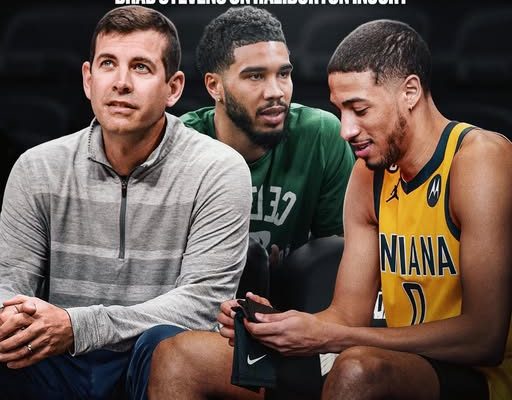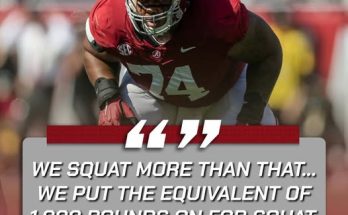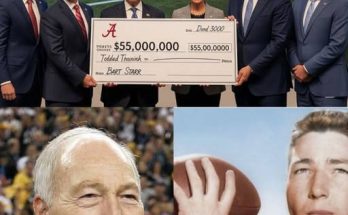The news that the Boston Celtics extended an offer to assist the Indiana Pacers with Tyrese Haliburton’s Achilles injury has generated considerable buzz across the NBA landscape. While it is uncommon for rival teams to directly get involved in another franchise’s medical or rehabilitation process, the gesture underscores both the respect Haliburton commands as a rising star and the camaraderie that can exist between organizations despite on-court rivalries. Tyrese Haliburton, known for his elite playmaking, shooting efficiency, and high basketball IQ, is not only the cornerstone of the Pacers’ future but also one of the league’s most promising young guards. His Achilles injury has left the Pacers in a tough position, as they face the challenge of maintaining competitiveness in the Eastern Conference while managing the long-term health of their franchise player. The Celtics, fresh off a dominant season and with a history of battling the Pacers in tightly contested games, reportedly stepped in with offers of advanced rehabilitation expertise, sports science resources, and access to specialists who have successfully worked with their own athletes dealing with similar injuries.
For the Celtics, this gesture is not about weakening a rival or gaining a competitive edge. Rather, it reflects the evolving nature of the NBA, where player health and welfare have become league-wide priorities. The Celtics have one of the most renowned medical and performance teams in the league, known for their meticulous approach to injury management. In recent years, they have invested heavily in cutting-edge sports science technologies, from biomechanical analysis to personalized strength and conditioning programs. By offering to share some of these resources, the Celtics are not only displaying goodwill but also setting an example of how franchises can work together to safeguard the long-term careers of star players who are vital to the league’s success. Tyrese Haliburton’s presence in the NBA represents more than just points and assists; he is one of the young faces of the league, and his health directly impacts the quality of competition and entertainment for fans.
The Pacers’ medical staff is by no means inexperienced. Indiana has historically done a respectable job of managing player injuries and maintaining competitive rosters even when faced with significant health setbacks. However, Achilles injuries are notoriously complex, and every case presents unique challenges depending on the severity of the tear or strain, the player’s biomechanics, and their style of play. Haliburton’s game relies heavily on quick bursts of acceleration, sharp changes of direction, and deceptive movements, all of which place significant stress on the Achilles tendon. Any miscalculation in rehabilitation could risk setbacks or even chronic issues. The Celtics’ offer to lend insights or connect the Pacers with experts who have previously handled similar cases, like the rehabilitation of Kevin Durant or Klay Thompson, can be invaluable for Indiana as they navigate this critical period.
From a broader perspective, the gesture also highlights the mutual respect between franchises when it comes to protecting star talent. The NBA is a star-driven league, and the loss of a player like Haliburton to a long-term injury would not only hurt the Pacers but could also alter the balance of competition in the Eastern Conference. Haliburton has been pivotal in turning Indiana into a legitimate playoff contender, pairing his elite court vision with a fast-paced offensive system that has revitalized the franchise. He was on track for another All-Star caliber season before the injury, averaging impressive numbers across the board and ranking among the league leaders in assists. Losing him for an extended period would be a blow not just to Indiana but to the league’s overall narrative, which thrives on seeing young stars develop and lead their teams into exciting matchups against powerhouses like Boston.
The Celtics’ involvement might also be seen through the lens of their leadership culture. Under the guidance of head coach Joe Mazzulla and president of basketball operations Brad Stevens, Boston has cultivated a reputation for professionalism and sportsmanship. Stevens, who previously coached in Indiana and maintains ties to the basketball community there, could have played a role in initiating this outreach. It wouldn’t be surprising if Stevens’ respect for Haliburton as a player and a competitor factored into Boston’s decision to step in. After all, Stevens has always valued character and integrity as much as talent, and offering assistance to a rival’s injured player aligns with those values.
One could argue that the Celtics also benefit indirectly from ensuring Haliburton’s smooth recovery. The Eastern Conference is defined by marquee matchups, and a healthy Indiana Pacers team makes for a more competitive environment. The Celtics, who have their sights set on another championship run, understand that iron sharpens iron. Facing the best teams and players at full strength only serves to sharpen their own resolve and preparation. In that sense, helping Haliburton recover fully is not just an act of kindness but also an investment in maintaining the high standard of competition that the NBA playoffs demand. Boston’s championship teams throughout history, from the Bill Russell era to the Big Three era, have always thrived when tested by elite opponents, and Haliburton’s Pacers could be one of those future tests.
For Haliburton himself, the road ahead is as much mental as it is physical. Achilles injuries can take a toll on an athlete’s confidence, as the recovery process is lengthy and often filled with uncertainty. The Celtics’ advanced rehabilitation team is known for integrating sports psychology into their recovery programs, ensuring that players are not only physically healed but mentally prepared to return to high-stakes basketball. Sharing this approach with Haliburton could help him navigate the psychological challenges that come with returning from such a serious injury. Seeing another team, especially one as storied as the Celtics, express concern and offer support could also provide a morale boost to the young guard, reminding him that his impact extends beyond his own locker room.



